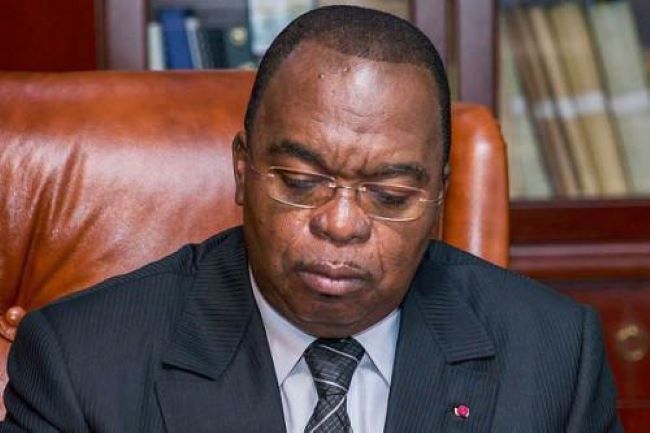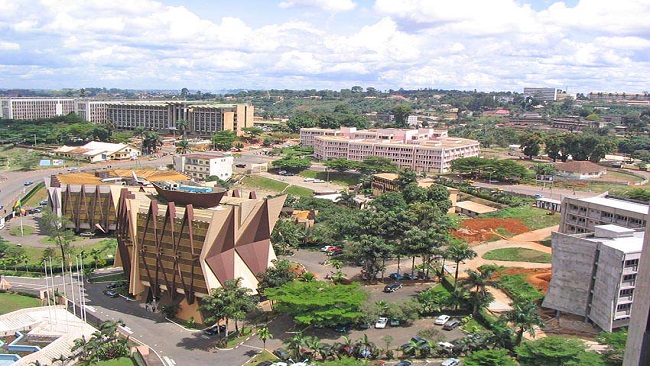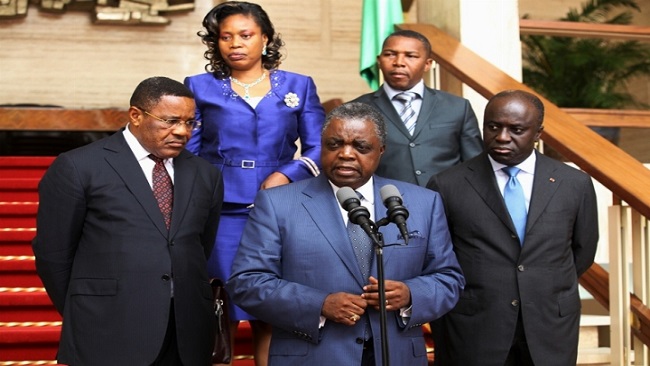Biya regime denies budget fraud after audit flags irregularities
The Ministry of Finance in Cameroon has finally responded to widespread criticism over how the 2023 national budget was managed. In an April 23 statement, the ministry pushed back against any claims of fraud or financial cover-up, saying the concerns raised by the Supreme Court’s Audit Bench reflect technical limitations, not wrongdoing.
This official response comes two days after a public letter from financial expert Paul Gérard Babissakana, who urged the President to overhaul how public financial institutions operate. Until then, the ministry had remained silent on a December 2024 audit report that questioned the credibility of the country’s financial records.
In that report, the Audit Bench concluded that Cameroon’s 2023 budget statements were not accurate or reliable and did not reflect the government’s true financial position. But the ministry insists that the findings were misinterpreted. “The qualified opinion does not imply fraud or concealment,” the statement reads.
To support its position, the ministry pointed to reforms launched in 2022 to modernize how the government tracks its finances. At the center of these changes is a shift to what it calls “asset-based accounting”—a system that aims to record all state-owned assets, debts, and financial commitments in a more detailed and transparent way.
“This reform is designed to include everything the state owns—buildings, land, vehicles, loans, software, inventory—as well as what it owes, such as domestic and external debt, and even possible future liabilities from legal cases or unfunded pension obligations,” said Yves Assala, a senior official at the ministry.
As part of this effort, the government has begun surveying public buildings in Wouri, Mfoundi, and across the South and East regions. Similar work will expand to other cities and diplomatic missions abroad.
Still, the ministry admits that until this major overhaul is completed—which could take several more years—the Audit Bench may continue to find flaws in the financial statements. It describes the issue as a “technical observation,” not proof of corruption. “This is not fraud or concealment,” the ministry repeated.
Even so, the controversy remains far from settled. The Finance Ministry reaffirmed its commitment to the reforms, arguing that a clearer picture of the state’s assets and liabilities will eventually help Cameroon improve access to funding from development partners.
For now, the statement sounds more like a defense than a resolution, and it does little to ease the public concerns raised by figures like Babissakana or the questions left hanging by the auditors.
Source: Business in Cameroon










